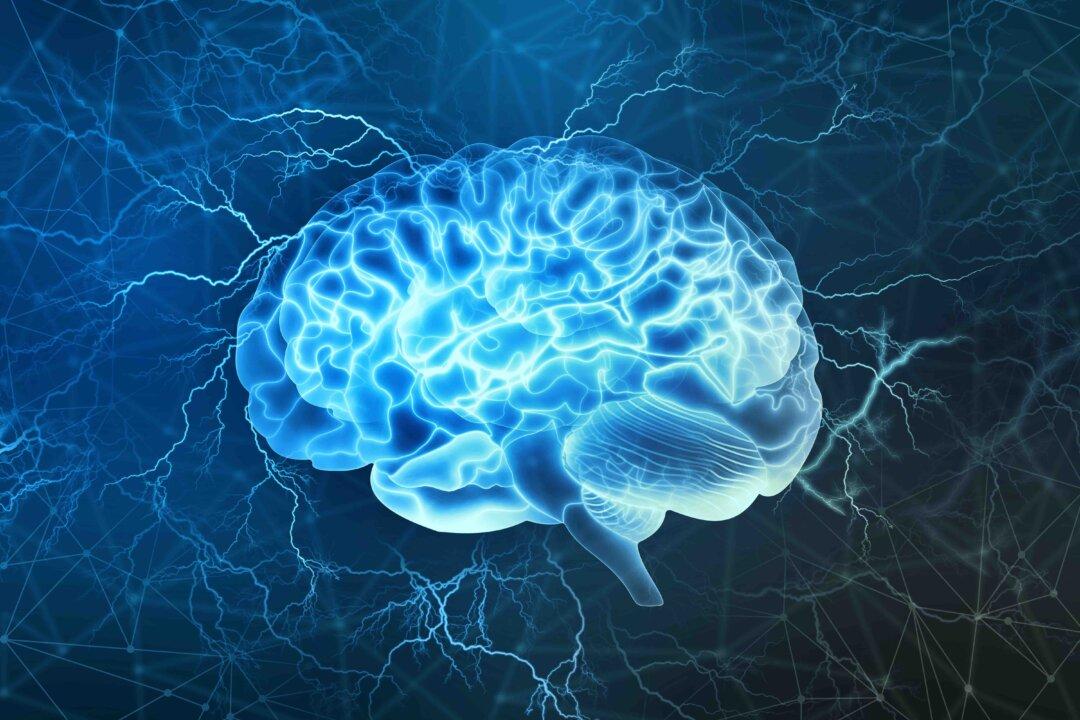Anorexia causes changes in the brain in ways much greater than seen in the brains of sufferers of other mental disorders, a UK study has found.
The study by neuroscientists at the University of Bath has highlighted the importance of early treatment interventions for people suffering from anorexia.






